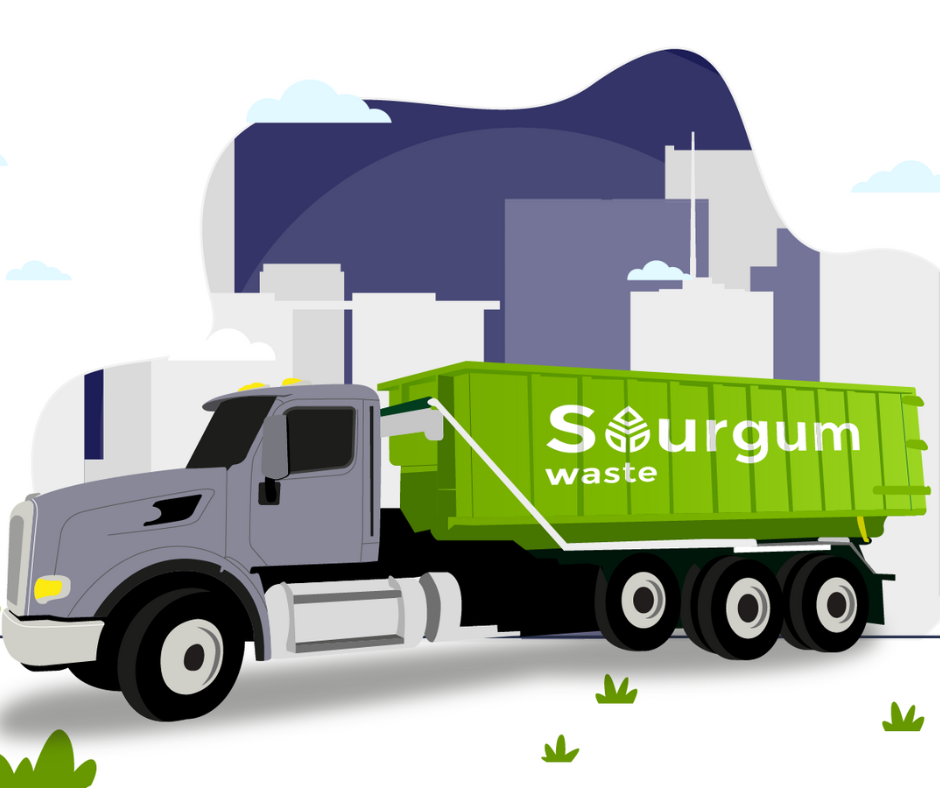
Roofing projects generate significant waste materials, including old shingles, debris, packaging, and other discarded items. As roofing professionals, it is crucial to prioritize proper waste management practices to minimize environmental impact, promote sustainability, and ensure a cleaner and healthier environment. Read and learn more about the benefits of implementing effective waste management strategies in roofing projects and provide practical tips to achieve a cleaner and greener outcome.
Minimizing Waste Generation
One of the primary goals of sustainable waste management is to minimize waste generation from the start. To achieve this, consider the following practices:
- Plan and order materials accurately to minimize excess.
- Opt for suppliers who offer packaging recycling or take-back programs.
- Explore opportunities for material reuse or recycling on-site or in partnership with recycling facilities.
Segregating and Sorting Waste
Proper waste segregation is essential for efficient recycling and disposal. Implement a system to sort different types of waste materials such as shingles, metals, plastics, and packaging. Provide labeled bins or designated areas for each material, and educate your team on proper sorting.
Partnering with Recycling Facilities
Identify local recycling facilities that accept roofing materials and establish partnerships with them. Understand their capabilities, requirements, and recycling processes. Collaborating with these facilities allows you to divert a significant portion of your waste from landfills and contribute to the circular economy.
Recycling Shingles
Asphalt shingles are a common roofing material and can be recycled. Research local recycling programs or specialized facilities that accept shingles. Properly recycling shingles helps conserve natural resources, reduces the demand for new materials, and decreases the environmental impact of roofing projects.
Reusing or Donating Materials
Whenever possible, explore opportunities to reuse or donate salvaged materials. For example, undamaged shingles or other reusable roofing components can be donated to charitable organizations, community projects, or individuals in need. This reduces waste and supports sustainability initiatives in your local community.
Responsible Disposal
Ensure responsible disposal of waste materials that cannot be recycled or reused. Comply with local regulations and dispose of materials at authorized waste management facilities. Avoid illegal dumping or improper disposal practices that can harm the environment and lead to legal consequences.
Educating and Engaging Team Members
Promote environmental consciousness and waste management practices among your team members. Educate them about the importance of proper waste handling, recycling, and the benefits of a clean environment. Encourage their active participation and engagement in waste management efforts.
Monitoring and Evaluating Performance
Regularly monitor and evaluate your waste management performance. Set measurable goals, track waste generation, recycling rates, and improvement opportunities. This data will help you identify areas for further improvement and demonstrate your commitment to sustainable practices.
Furthermore, Implementing effective waste management practices in roofing projects offers numerous benefits, including a cleaner environment, reducing landfill waste, and resource conservation. By minimizing waste generation, segregating materials, recycling shingles, and responsibly disposing of non-recyclable waste, roofing professionals can contribute to a more sustainable future. Embrace these practices as a part of your business values, educate your team, and engage with recycling facilities and local communities to positively impact the environment while delivering exceptional roofing services.
In conclusion, we are thrilled to announce our partnership with Sourgum Waste, a leading provider of dumpster rental services. As a result of this collaboration, Pitch Gauge users can now book dumpsters for their projects directly on the app.